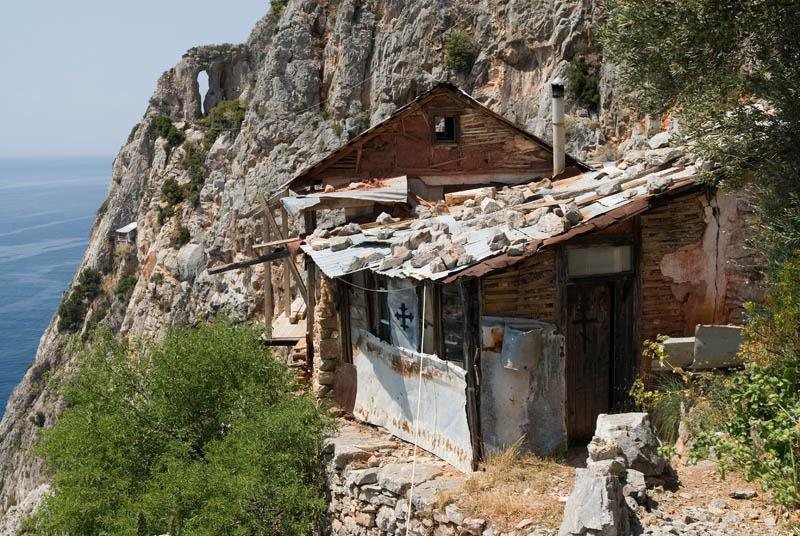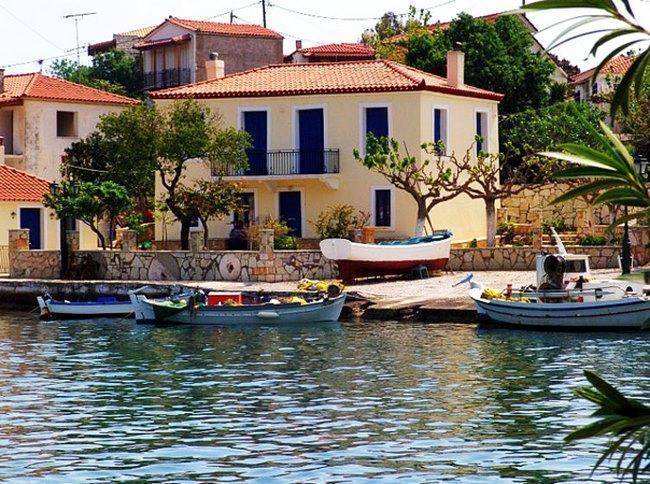In 492 BCE, the Persian king Darius I the Great decided to extend the power of his empire across the Aegean Sea, where the Yaunâ (Greeks) had been a source of trouble for some time already. General Mardonius annexed Macedonia and two years later, Datis and Artaphernes were sent out on a naval expedition to conquer the Aegean islands. After finishing this campaign, they were supposed to bring back Hippias, the former tyrant of Athens, who would set up a pro-Persian regime.
The campaign started without serious problems and soon, the islands of the Aegean Sea were subdued. To celebrate this success, the Persians sacrificed at Delos, maybe because they identified the god Apollo with their own Ahuramazda. After this, the Persian navy continued to the isle of Euboea, where the expeditionary force attacked Eretria, one of the Greek cities that had supported Greek rebels in Asia Minor. Fighting continued for six days, but the town was betrayed on the seventh day. Its inhabitants were carried off as prisoners.
The part of Athenian territory opposite Euboea -and also the best ground for cavalry to maneuver upon- was at Marathon, and it was to this village that Hippias directed Datis, Artaphernes, and the 25,000 Persians. There was a symbolic reason as well: Hippias' father Peisistratus had once landed at Marathon, and had become tyrant of Athens.
Immediately, the Athenians sent out a force of some 10,000 heavily armored infantrymen (hoplites), which blocked the road to Athens. At the same time, they sent a messenger named Pheidippides to Sparta, who returned three days later (after covering some 450 kilometer!) with the message that the Spartans would send reinforcements as soon as possible. Unfortunately, a religious law forbade any military operation until full moon, which was still six days ahead. (This full moon allows us to date the battle to 10 September or 12 August 490.) While the Athenians postponed the engagement, they received reinforcements from their ally Plataea. The main problem for the Greeks was the superior Persian cavalry; no infantry line could cross the open plain, because its rear would be exposed to attacks by Persian mounted archers.
Among the Athenian commanders was a general named Miltiades, who had a grudge against the Persians, who had forced him out of his personal kingdom at the entrance of the Hellespont. On the day on which he was to command the Greek army, he received favorable omens and moved his army into position, allowing the center to be weak, but strengthening the wings. At dawn, he ordered his heavy armored men to run towards their enemies, about two kilometers away. The Greek researcher Herodotus of Halicarnassus, whose Histories are our main source for the events, remarks that the Persians considered this charge "suicidal madness". On the wings the Athenians, fighting with better armor and longer spears than their enemies, routed the invaders, and after this first victorious engagement, the wings attacked the Persian center from the rear. According to Herodotus, the Athenians lost 192 men in the ensuing mêlée, their opponents 6,400.
Source: livius.org









